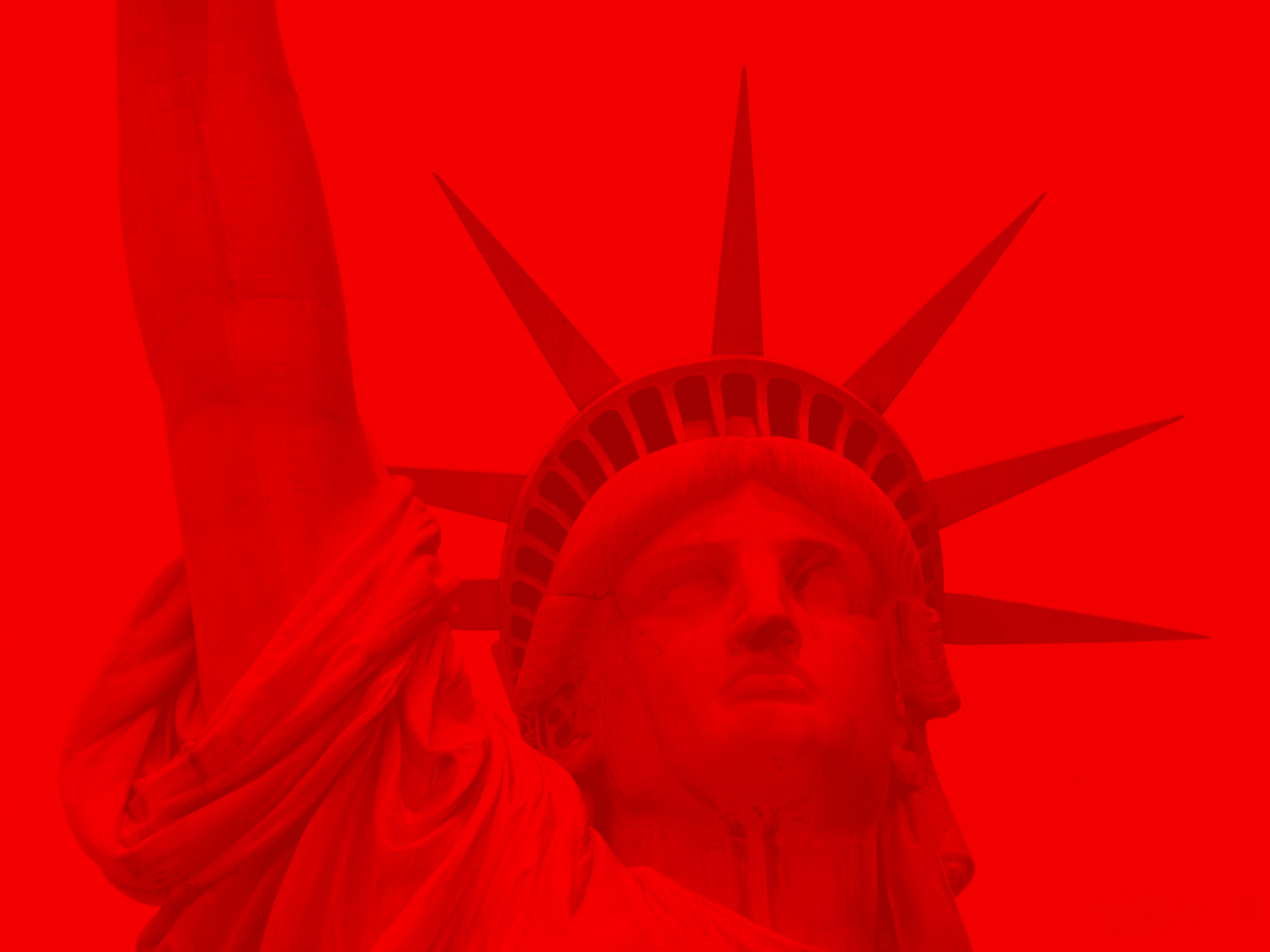What happens when radical Western intellectuals, disillusioned by liberal democracy and the failures of Marxism, seek a new revolutionary ideal? In 1979, they found it in the most unlikely of places: the Islamic Republic of Iran.
The Iranian Revolution, led by Ayatollah Khomeini, was not rooted in equality, secularism, or any leftist principle. Yet many Western thinkers hailed it as a triumph over Western imperialism. Their enthusiasm wasn’t based on shared values but on shared enemies. In their eagerness to oppose American power, they romanticized a movement steeped in theocratic rule and apocalyptic ambition, forcing it into a Marxist framework it simply didn’t fit.
The Philosophers’ Betrayal
Michel Foucault’s embrace of the Iranian Revolution stands as the starkest example of the Western left’s ideological blind spot. As one of the most influential postmodern thinkers of his time, Foucault traveled to Iran during the revolution and wrote essays for Corriere della Sera that nearly sanctified the uprising. Rather than seeing it through the lens of historical materialism or political necessity, he framed it as “political spirituality”- a metaphysical upheaval beyond Western political categories.
That a philosopher devoted to exposing power would celebrate a movement rooted in rigid religious absolutism reveals a profound intoxication with revolutionary myth. Foucault’s silence in the face of mass executions, brutal oppression of women, and persecution of minorities wasn’t an oversight — it was willful blindness, a choice to favor a romanticized revolt over ethical consistency. His idealization helped forge a Western illusion, dressing reactionary theocracy in the robes of revolutionary virtue.
Foucault was far from alone. Jean-Paul Sartre, even in his final years, lent credibility to such distortions by endorsing violent anti-colonial struggles during the Algerian War. His belief that the oppressed’s violence was inherently justified, regardless of its morality or consequences, laid the groundwork for later rationalizations of Islamist terrorism as legitimate resistance.
Edward Said, more nuanced but no less influential, entrenched this mindset further by insisting that Western criticism of Islamic regimes was simply orientalist aggression. In this framework, urgent condemnations of theocratic brutality were dismissed as cultural imperialism. As a result, any serious critique of regimes like Iran’s was preemptively discredited, no matter how necessary.
Selective Outrage
This pact of ideological convenience still shapes today’s discourse, especially amid rising Israel-Iran tensions. When Israel launched preemptive strikes on Iranian nuclear sites, aimed at preventing a genocidal regime from acquiring weapons, many Western leftist voices rushed to defend Tehran.
Their narrative is predictable: Israel as the perpetual aggressor, Iran the victim, and any action against the Islamic Republic dismissed as neocolonial overreach. Yet those quick to condemn minor injustices in the West stay silent, or even complicit, in the face of Iran’s brutal repression and its proxy wars across the Middle East.
This selective outrage reflects a rigid worldview where the West is always to blame and its enemies, no matter how oppressive, are heroic resisters. Iran is cast as the underdog David fighting Western Goliath, its crimes excused by the supposed nobility of its defiance.
But the facts are clear: Iran is an expansionist power, supporting militant proxies from Lebanon to Yemen, orchestrating terror beyond its borders, and openly threatening Israel’s survival. Worse, the postmodern left’s embrace of cultural relativism has eroded universal ethical standards, leading many to excuse religious authoritarianism as cultural difference rather than condemn it outright.
The result is stark hypocrisy. Evangelical Christianity in the West is branded proto-fascist, while Islamic theocracy abroad is defended, as long as it opposes American or Israeli interests.
The Collapse of Moral Clarity?
The revival of this uneasy alliance in the wake of the 2025 Israeli strikes should come as no surprise but its consequences remain deeply troubling. Rather than confronting the existential threat posed by a nuclear-armed theocracy, much of the left recycles empty slogans about sovereignty and anti-Zionism, willfully ignoring the catastrophic dangers such armament poses, not only to Israel but to global stability. Instead of sober geopolitical analysis, there is ideological nostalgia and performative virtue signaling.
Even more alarming is the growing readiness among some on the modern left to flirt with antisemitic tropes under the cover of anti-Zionism. This is not a matter of policy critique but a visceral hostility toward the very existence of a Jewish state. The intense and singular fixation on Israel, unmatched by criticism of any other nation, reveals psychological displacement rather than principled political opposition. That a regime like Iran, which denies the Holocaust and openly calls for Israel’s destruction, is granted legitimacy while Israel is demonized is a shocking reversal of moral clarity.
The Illusion of Solidarity
This is not simply an intellectual lapse, it is a profound moral failure. In their pursuit of revolutionary authenticity and reflexive rejection of the West, leftist intellectuals have become inadvertent standard-bearers for theocratic fascism. The embrace of Khomeini in 1979 was not an isolated mistake but a revealing moment. It exposed the authoritarian and nihilistic undercurrents within certain leftist ideologies, forces masked by the rhetoric of liberation. The silence in the face of Islamist misogyny, homophobia, and oppression is not restraint; it is complicity.
As the Islamic Republic once again takes center stage in global conflict, the Western left exposes its true loyalties not to the oppressed, but to oppressors cloaked in the guise of resistance. It has abandoned its claim to the heritage of the Enlightenment, the civil rights movement, and any tradition grounded in human dignity. Instead, it has become an accomplice to tyranny, draped in the language of emancipation.
A moral reckoning is long overdue. It must start with a clear recognition: not all opposition is virtuous, not all revolutions are liberating, and not all enemies of the West are champions of justice.


